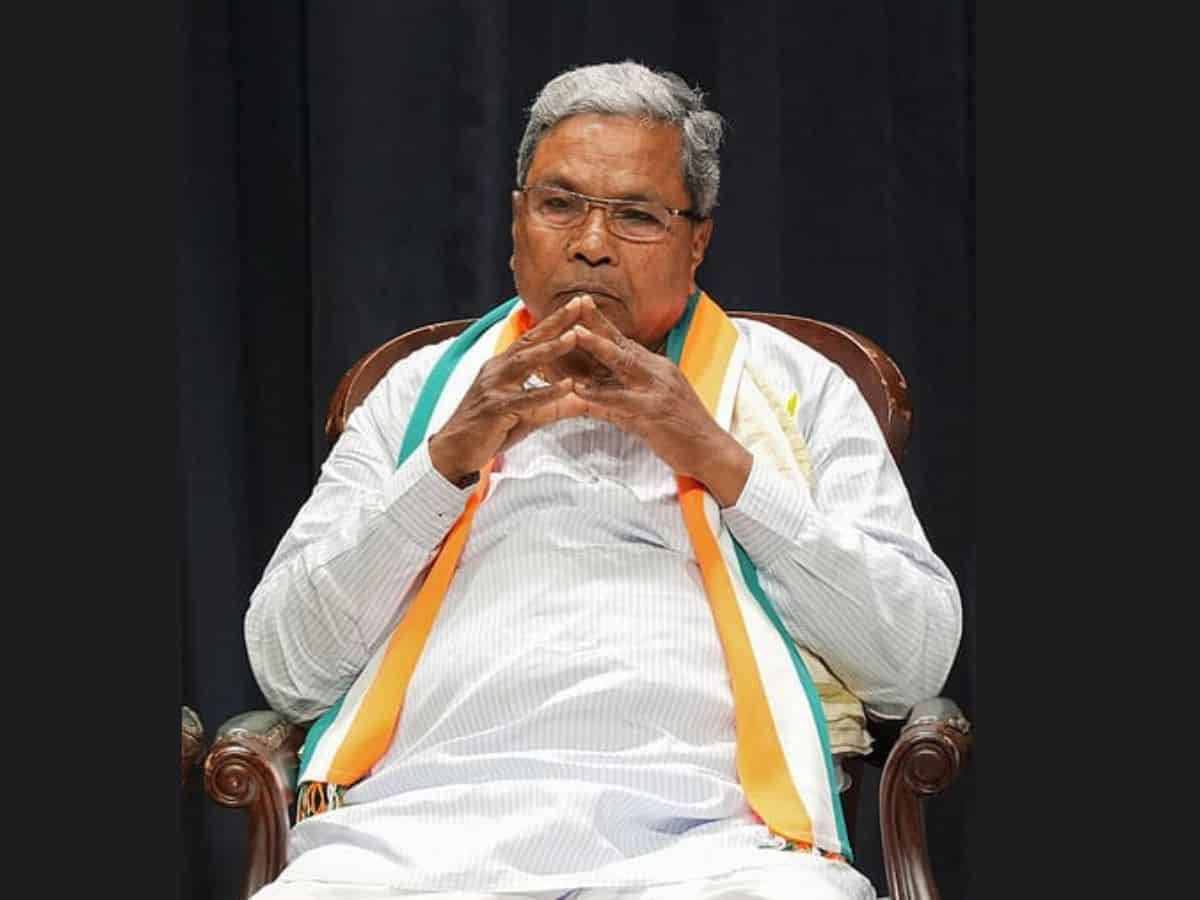
Bengaluru: The state government’s ambition to be recognized as a pioneer in the country through the successful implementation of guarantee schemes faces a harsh reality check as tax collection falls short and borrowing surges, breaching the Lakshman line.
Challenges in Tax Collection: Despite bold budgetary allocations and tax collection extensions, the government fell short of its tax collection targets for the fiscal year 2023-24. Basavaraja Bommai and Siddaramaiah, while at the helm, navigated the delicate balance between guaranteeing program funding and overall development amidst tax revenue uncertainties.
Financial Tightening: While the government’s revenue collection fell short of projections, stringent cost-cutting measures were implemented. Expenditure control was emphasized, with administrative costs slashed, procurement regulated, and capital expenditure prioritized to ensure seamless development activities.
Mounting Debt: Faced with underwhelming tax revenues, the government resorted to increased borrowing, surpassing the proposed budget allocation for loans. The borrowed funds, amounting to Rs. 90,218 crore, are earmarked primarily for capital expenditure to stimulate economic growth.
Boost from Center: Despite the tax revenue setback, the state received a higher-than-anticipated share of taxes from the central government. This unexpected windfall injected additional funds, totalling Rs. 40,280 crores, into the state’s coffers.
Tax Collection Analysis
1. Commercial Tax: Fell short at Rs. 93,159 crore against the target of Rs. 98,650 crore.
2. Excise Tax: Collections reached Rs. 34,557 crore, slightly below the estimated Rs. 36,000 crore.
3. Registration Stamp: Realized revenues of Rs. 19,952 crore compared to the expected Rs. 25,000 crore.
4. Vehicle Tax: Achieved collections of Rs. 11,190 crore, approaching the target of Rs. 11,500 crore.
Factors Contributing to Target Shortfall
1. Economic Slowdown: Drought-induced economic stagnation hampered revenue generation.
2. Unrealistic Targets: Revised tax collection goals proved unattainable given prevailing economic conditions.
3. Government Transition: The new administration had only eight months to navigate fiscal challenges.
4. Guarantee Scheme Obligations: Tax collection efforts were strained due to simultaneous guarantee scheme implementation responsibilities.
Disappointment looms as the fiscal year ends with tax collection across various sectors falling below expectations. Excise, registration stamp, and vehicle tax sectors, in particular, grapple with unmet targets, signalling financial strain unparalleled since the onset of the COVID-19 pandemic.



